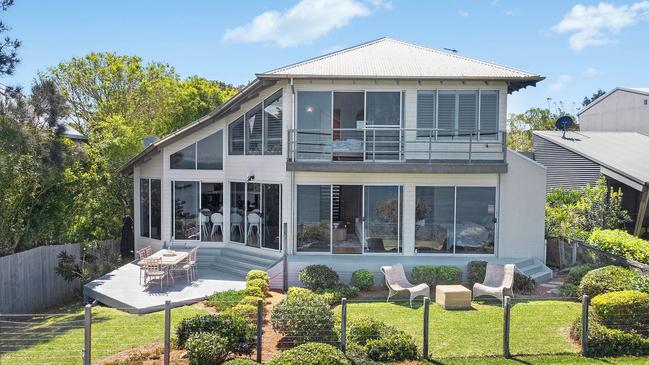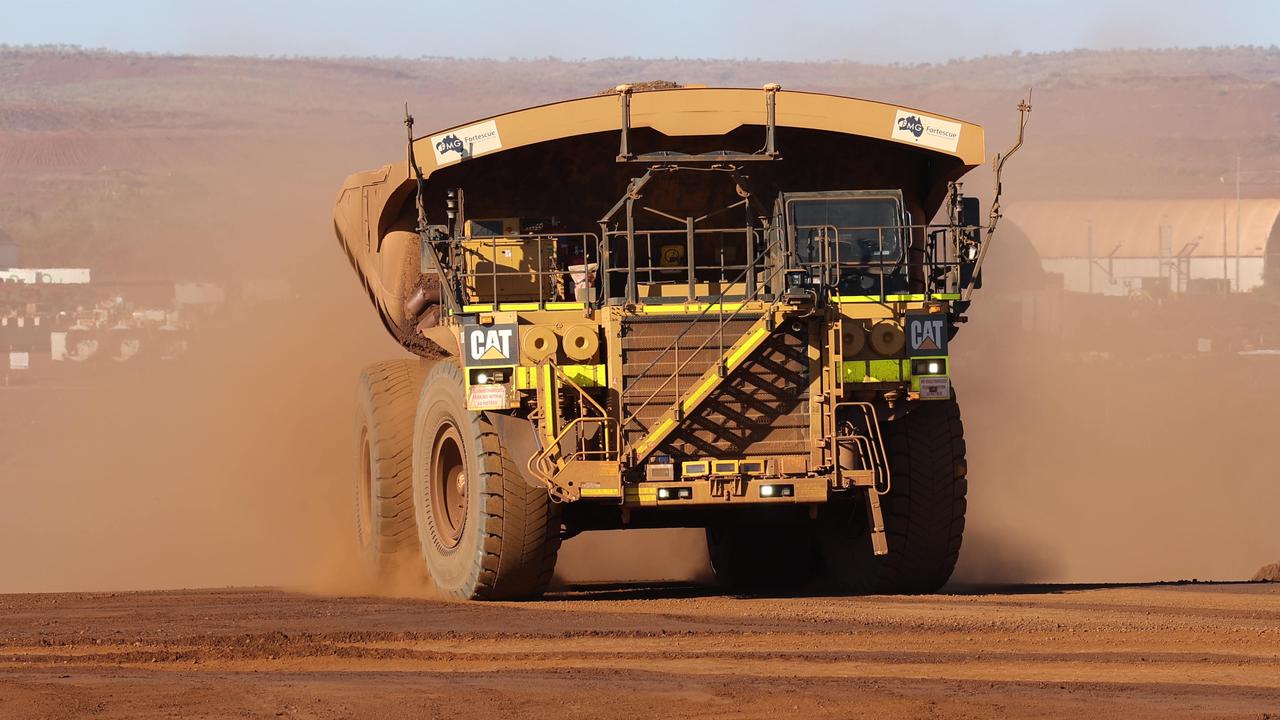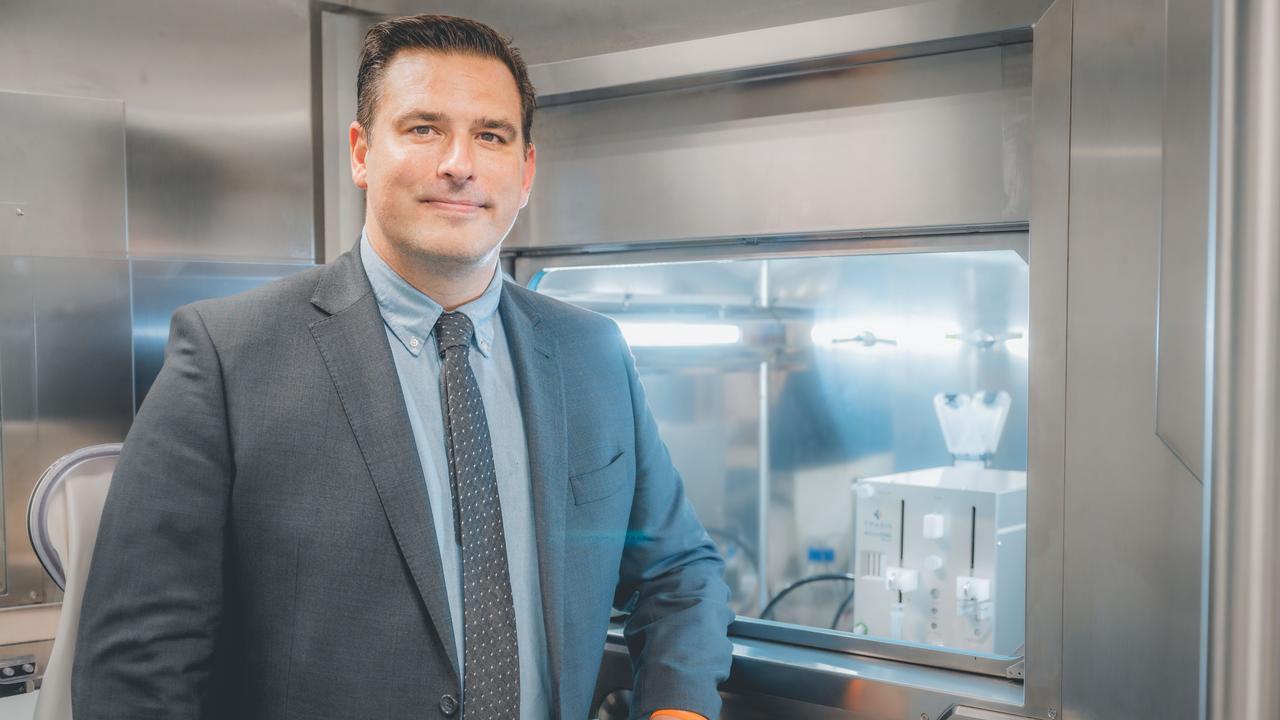Anthony Albanese’s Copacabana beach house: bad politics but a smart investment
The politics of the Prime Minister buying a multimillion-dollar beach house are poor – but it fits perfectly with our picture of Anthony Albanese the investor.

Business
Don't miss out on the headlines from Business. Followed categories will be added to My News.
It’s the $4.3m question: Why didn’t Anthony Albanese wait a bit longer before splashing out this week on a beach house on the NSW Central Coast?
Doesn’t he realise there is a housing crisis?
But here’s the thing, the Prime Minister is an experienced property investor. Just now, holiday home hunters are getting discounted deals. He had to move fast, the Copacabana beach house was a bargain, stupid!
And if you’ve been through the ups and downs of property investing, you can’t resist a bargain.
Keep in mind it was only a few months ago Albanese had to sit out the excruciating business of having a rebellious tenant at one of his Sydney investment properties served an eviction notice.
So, let’s be clear: Albanese, the property investor is an economic rationalist. The previous owner of the Copacabana beach house paid $4.65m in 2021.
Still, you might wonder if the PM paid a rather high price – in dollars – for this house, which is hardly in one of the best known coastal retreats in the country.
At first glance the property is not outstanding. But as my old friend the property developer always says: “The house is worth nothing, it’s the land underneath.”
According to realestate.com. au, the median price at Copacabana is $1.9m and the PM paid more than double the median. But forget the house, the asset here is a slice of land that would satisfy any investor’s criteria for highly valued scarcity – a clifftop plot with unlimited potential.
In fact, for anyone who ever considered buying a beach house, this spring, unlike most others, offers the perfect conditions because it’s a buyer’s market.
If you take a look at the wider data for the Central Coast, you can see that prices are soft.
As Eliza Owen, head of research at CoreLogic, explains: “In this market we are at an inflection point. I can see why some investors would find it might be a good time to make a move.”
Owen suggests that a trifecta of issues have combined to make holiday homes relatively good value just now:
● First, there is the seachange reversal, where many people who fled the major cities during the Covid pandemic are finding the rural life does not match the city for a variety of reasons. The shift is dragging prices downwards.
● Second, elevated mortgage rates means that some buyers who bought holiday homes in recent years cannot carry the expenses of having two homes any longer. They are becoming forced sellers.
● Third, the prospect of rates falling keeps getting pushed out.
Against that backdrop, sentiment is weak across the market, with price growth weakening and some areas showing sharp declines. Moreover, this week’s strong jobs data virtually killed off any chance of a rate cut this year.
But is a holiday home ever a good investment? Wealth advisers, often sceptical about any form of residential property, tend to be particularly unenthusiastic about beach houses. Assuming they are only for holidays, the houses are high maintenance.
If the beachside property is mortgaged, it is non-tax-deductible debt – a big turn-off for wealth builders.
Besides, not everyone wants to rent their holiday home. Nonetheless, if they do rent, the economics improve. If the house is put on Airbnb the economics get better again, but it is a lot more work and may be anything but fun. At Copacabana, the PM could get up to $900 a night on Airbnb.
Of course, we’ve recently had the introduction of so-called “Airbnb taxes” – along with a string of targeted land taxes in Victoria – that have dampened enthusiasm for holiday homes as an investment.
Oddly enough, the wealth adviser who warned me most sternly against the poor economics of holiday homes now operates out of a holiday home at beachfront golf resort and is rarely in the city.
He says he went against his own principles, having two homes with two sets of everything, and it still does not make sense, but then again he says “you only live once”.
Wealthy Australians will continue to defy advisers – or in the PM’s case a sizeable number of parliamentary colleagues – for “a slice of heaven”. What’s more, the chances are this beach house will be a perfectly good investment long term – clifftop estates are very unlikely to decline in value.
Like many previous investors, he might soon find he doesn’t get “down there” often enough to justify the price he paid.
But if the PM wants to make some money out of Copacabana without having to open its doors to the public, he might take note of the Third Home group: That’s the global luxury holiday-home exchange club just beginning to get traction in the local market.
Under the Third Home arrangement, “members” from around the world get to swap luxury houses with each other. The catch is your holiday home is vetted by the group, which demands it must be valued at a minimum of $US1m.
No problem at Copacabana!
More Coverage
Originally published as Anthony Albanese’s Copacabana beach house: bad politics but a smart investment





